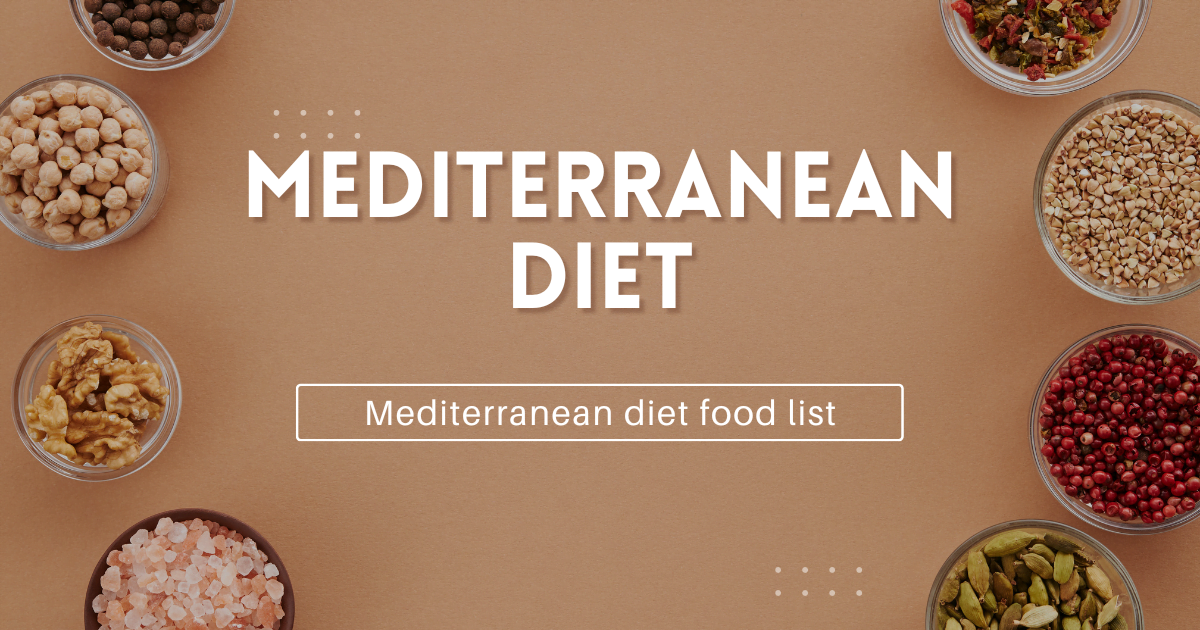Packed with yummy fruits, veggies, whole grains, and good-for-your-heart fats, the Mediterranean diet is tasty and super healthy. It might help you keep your weight in check, care for your heart, and lower the chances of getting diabetes.
There aren’t strict rules for the Mediterranean diet, but you can use some general guidelines to make it a part of your daily routine.
This article dives into the Mediterranean diet, how to follow it, and how it can benefit your health. Plus, we’ve got some meal tips and recipes to help you out.

Mediterranean diet:-
The Mediterranean diet is all about the good stuff to eat. And guess what? It’s not just tasty; it’s also linked to better health!
Here’s the lowdown on what this diet suggests you do:
Eat more of these:
- Fruits
- Veggies
- Whole grains
- Legumes
- Nuts and seeds
- Good-for-your-heart fats
Cut down on these:
- Processed foods
- Added sugars
- Refined grains
and watch that alcohol intake too.
Now, why bother with this diet? Well, studies show it can help with:
- Losing weight
- Avoiding heart issues, strokes, and type 2 diabetes
- Lowering the chance of kicking the bucket too soon
So, if you’re into the idea of feeling good and dodging health problems, the Mediterranean diet is worth checking out

what does a Mediterranean diet consist of:-
Here are some healthy habits from the Mediterranean lifestyle that can do good things for your health:
- Share your meals: Enjoy your food with others, and try to avoid screens and gadgets during mealtime.
- Sip on red wine wisely: If you fancy red wine, have it in small amounts, especially with a meal, but not every single day.
- Spice it up, not just with salt: Use herbs and spices to add flavor to your food instead of loading up on salt.
